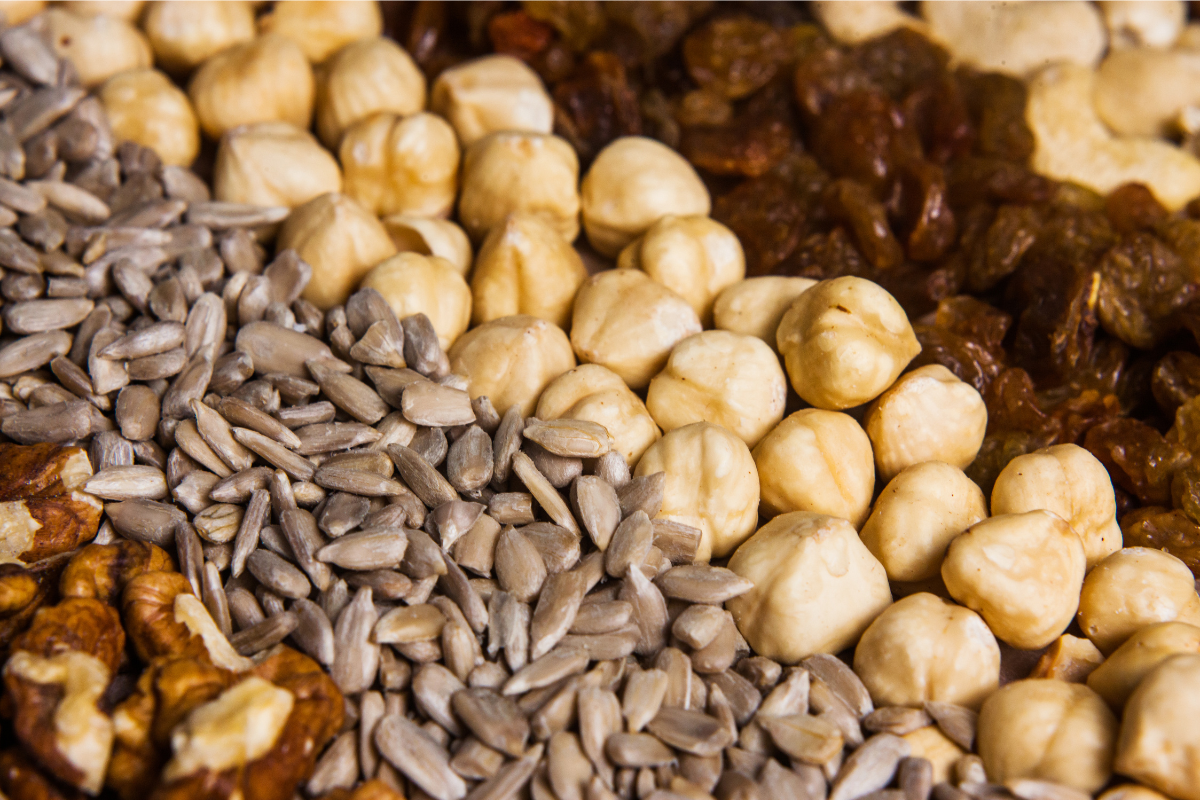If you are thinking of including seeds in your diet, then look no further! Seeds are the long-ignored but extremely resourceful sibling in the family of plants. Don’t believe us, wait till you see their nutritional value. They contain every essential material necessary to sprout into a plant, so it only makes sense that they are overflowing with nutrients. A great source of complex plant compounds, these unassuming little buds are a goldmine for nutrients, and we’re here to tell you why you should include them in your diet immediately!
Just like nuts, seeds are also super versatile. They can fit into almost any diet and can be consumed with any food item. Not only do they make your meal aesthetically pleasing but it makes them pleasing to your taste buds too. This blog post is your crash course on the world of seed based nutrition.
Flax seeds
With origins that can be traced back to the Middle East thousands of years ago, flax seeds or linseeds have recently seen an unprecedented rise in their popularity, given their excellent nutritional benefits.
Nutrition profile (per 10 grams):
Calories: 55 kcal
Fiber: 2.8 grams
Protein: 1.9 grams
Fats: 4.3 grams
Carbohydrates: 3 grams
Flax seeds are a rich, vegan source of heart-healthy omega-3 fatty acids. They’re also a great source of vitamin B1, a compound that helps in stabilizing metabolism and nerve function. Including flax seeds in your diet can also help with blood cholesterol and blood pressure issues.
Chia seeds
Chia seeds are obtained from the chia plant, native to Mexico and Guatemala. The word ‘chia’ finds its origins in the ancient Mayan language, translating to ‘strength’. This pretty much explains why it was a staple food for ancient Aztec and Mayan warriors.
Nutritional Profile (per 10 grams):
Calories: 49 kcal
Fiber: 34 grams
Protein: 17 grams
Fats: 3 grams
Carbohydrates: 42.1 grams
Chia seeds, like flax seeds, are a good vegan source of omega-3 fatty acids and high-quality protein. They are also an excellent source of manganese, phosphorus, iron, and calcium. Including chia seeds in your diet can help with managing blood pressure. Moreover, it can also help keep blood sugar levels in check by increasing the fiber you intake in your diet.
Sesame seeds
Sesame seeds are majorly consumed in Asia and are a key ingredient in several mouthwatering oriental cuisines. These tiny seeds have a rich nutritional profile and, if included in your diet, can work wonders for you.
Nutrition Profile (per 30 grams)
Calories: 160 kcal
Fiber: 3.3 grams
Protein: 5 grams
Fats: 13.61 grams
Carbohydrates: 7.3 grams
Sesame seeds are a wonderful source of B vitamins (B1, B3, and B6). They can help in reducing inflammation, improve bone health aid in blood-cell formation and reduce the risks of heart diseases by lowering cholesterol and triglycerides. Sesame seeds are also a great source of plant-protein.
Final thoughts
Looks can be deceiving! Who knew these tiny seeds could be such a powerhouse, right? The nutritional benefits speak for themself. Adding seeds to your regular food is pleasing to your eyes, tastebuds, and obviously, health. We hope that you’ll enjoy adding these into your meals going forward.

